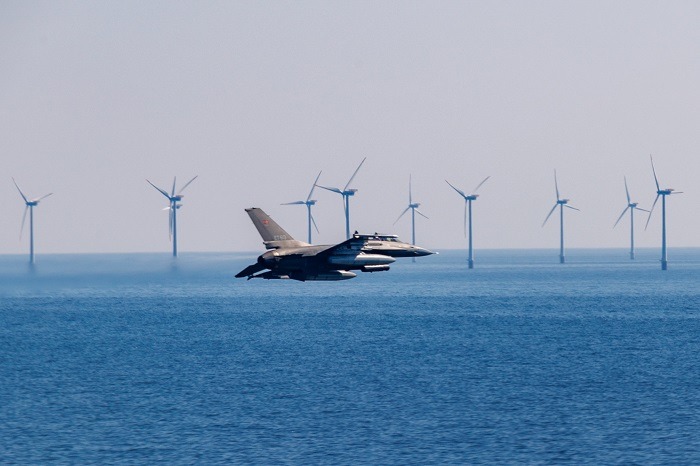There is little doubt that Russia’s invasion of Ukraine has influenced Denmark’s activities on the global stage over the past year.
From huge military and aid donations to Ukraine to stepping up security presence in the Arctic and Baltic regions, Denmark has reacted to Russian aggression in a number of ways.
That trend looks set to continue after the government unveiled its new foreign policy strategy yesterday afternoon.
“The most recent foreign policy strategy was just weeks old when the first Russian tanks rolled across the borders of Ukraine on 24 February 2022,” wrote the foreign minister, Lars Løkke Rasmussen.
“The ink had barely dried before a new geopolitical reality dawned on us. As a result, the new strategy doesn’t come a day too soon.”
With China also starting to flex its muscles, Rasmussen underscored that the world was facing chaos and conflict of the like not seen for many years.
The three main pillars of the strategy are:
– Focusing on security in Denmark and Europe in the wake of the Russian invasion
– Forging new alliances with countries outside of Europe and the West
– Generating a more robust and resistant society in relation to supply chains, energy and critical infrastructure
Georgia on our mind
Going through the report, Russia was mentioned over 50 times, and China over 20.
But smaller nations were also mentioned, such as closer ties being sought with Moldova and Georgia – two countries that have a desire to join the EU, which Russia believes are in its sphere of influence.
Just this week, Ramussen opened a new Danish embassy in Georgia.
“If we want to influence the world around us, we won’t get far alone. Denmark is a great nation, but a small country. So relations with our closest friends is a cornerstone of the strategy,” wrote Rasmussen.
The eight key benchmarks of the new Danish strategy are:
– Continuing to support Ukraine in its defence and road to European integration
– Strengthening Denmark’s military and security, while contributing to NATO deterrence
– Supporting EU’s neighbours to the east and in the western Balkans
– Tackling the consequences of Russia’s aggression from a global standpoint
– Increasing engagement globally in a bid to establish new alliances and equal partnerships
– Boosting the resilience of Denmark and Europe
– Consolidating Danish positions of strength with sustainability, technology and more
– Support and work with Danish companies within the new geopolitical context















